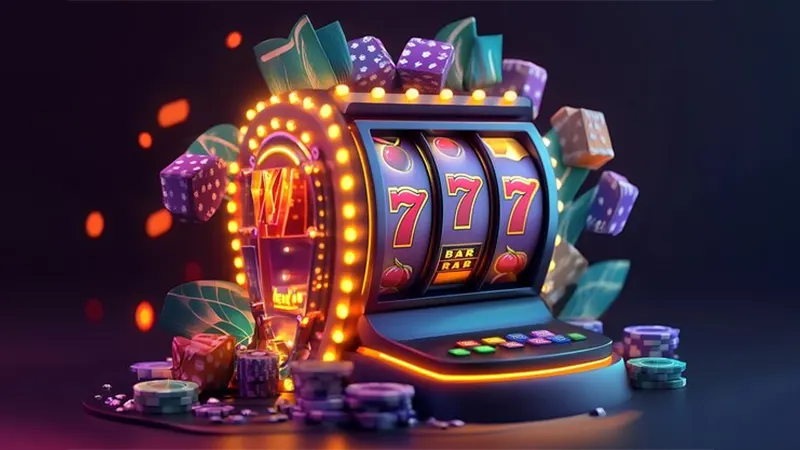Slot games have become one of the most popular forms of online entertainment, and for good reason. They require no complex calculations, feature simple mechanics, and deliver instant results. However, this simplicity comes with a hidden danger – the “just one more spin” mentality that can quickly spiral out of control.
Unlike other forms of gambling that require strategy or skill, slot games are purely chance-based, making them accessible to everyone. The bright colors, engaging themes, and promise of instant wealth create an irresistible combination that keeps players coming back for more. Understanding why slot games are so captivating is the first step toward maintaining healthy gaming habits.
The Design Mechanisms That Hook Players
The Near-Miss Effect
One of the most powerful psychological triggers in slot design is the near-miss effect. When players come close to hitting a jackpot – perhaps getting two matching symbols with the third just one position away – their brain interprets this as “almost winning.” This creates a powerful illusion that success is imminent, encouraging continued play even after losses.
Research shows that near-misses activate the same neural pathways as actual wins, flooding the brain with dopamine and creating anticipation for the next spin. This mechanism is so effective that many slot games are programmed to produce near-misses at strategic intervals.
Audio-Visual Stimulation
Modern slot games are masterpieces of sensory manipulation. The combination of flashing lights, celebratory sounds, and visual effects creates a multi-sensory experience designed to trigger excitement and pleasure responses. Even small wins are accompanied by disproportionately loud celebrations, making players feel like they’ve achieved something significant.
The timing of these audio-visual cues is crucial. They’re designed to create positive associations with the act of spinning, regardless of the actual outcome. This conditioning makes players want to experience those sensory rewards again and again.
Rapid-Fire Results
Unlike traditional casino games that might take minutes to complete, slot spins happen in seconds. This rapid-fire pace prevents players from having time to rationally assess their situation or make considered decisions about continuing to play. The constant action keeps the brain in a state of excitement and anticipation.
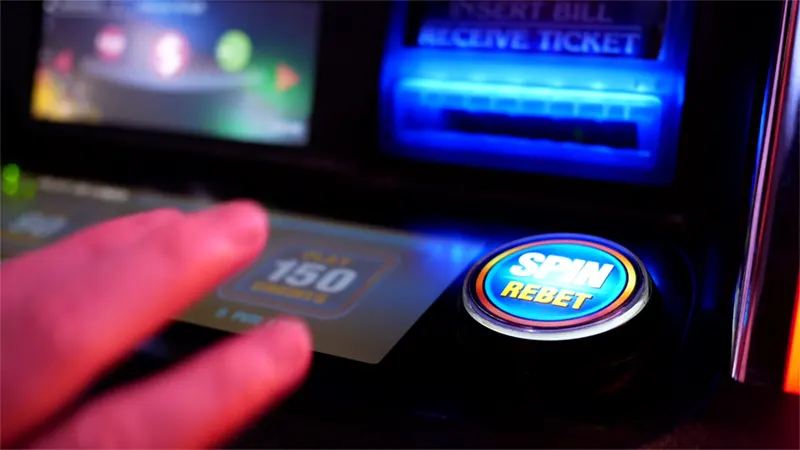
Free Spins and Bonus Features
Bonus rounds and free spins serve as powerful retention tools. They create the illusion of “free” opportunities to win while actually keeping players engaged longer. These features often come with multipliers or special symbols that promise bigger rewards, making players feel like they’re receiving extra value.
The intermittent reinforcement schedule of these bonuses – appearing unpredictably – is one of the most addictive reward patterns known to psychology. It’s the same principle that makes social media likes and gambling so compelling.
The Psychology Behind Difficulty Stopping
Loss Chasing Behavior
When players start losing money, a common psychological response is to increase bet sizes or continue playing in an attempt to “win back” what was lost. This behavior, known as loss chasing, is driven by the brain’s natural tendency to avoid accepting losses.
The sunk cost fallacy plays a significant role here. Players think, “I’ve already invested so much money, I can’t stop now,” even when continuing to play only increases their losses. This mentality can quickly lead to devastating financial consequences.
Overconfidence After Winning Streaks
Conversely, when players experience a series of wins, they often develop overconfidence, believing they’re “hot” or “due” for more success. This leads to increased bet sizes and extended playing sessions, often resulting in giving back all their winnings and more.
The human brain is naturally wired to see patterns even in random events, leading players to believe they can predict or influence outcomes that are entirely based on chance.
Why Slot Addiction Develops Faster Than Other Games
Slot games are particularly addictive because they provide constant, rapid-fire dopamine hits. Unlike sports betting, which requires research and analysis, or poker, which requires skill and strategy, slots can be played mindlessly. This allows players to enter a trance-like state where time seems to disappear.
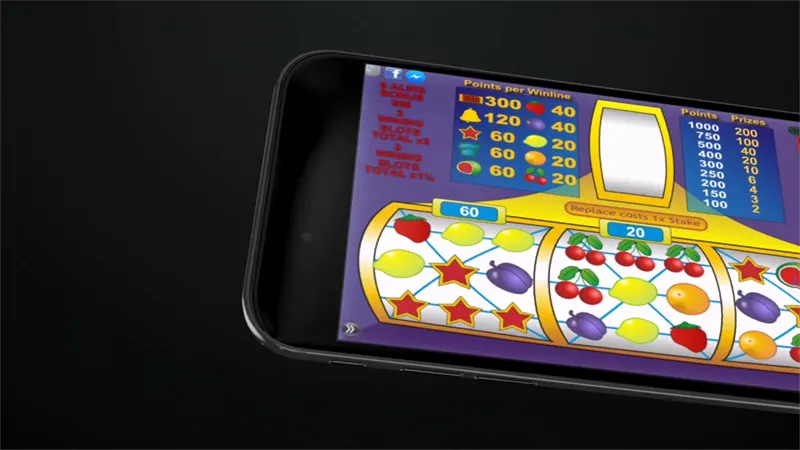
The accessibility of online slots makes the problem worse. Players can access games 24/7 from their smartphones, making it difficult to separate gaming time from daily life. The convenience factor removes natural barriers that might otherwise limit play.
Many players also turn to slots as a form of escapism from stress, anxiety, or boredom. This emotional gambling can quickly become a habit, as players associate the games with temporary relief from their problems.
Warning Signs of Losing Control
Recognizing the early warning signs of problematic slot play is crucial for maintaining healthy gaming habits. These signs include:
Playing beyond predetermined time or money limits is often the first red flag. When players find themselves unable to stop despite significant losses, it indicates that the games have gained too much control over their decision-making.
Constantly thinking about slot games, even when not playing, is another warning sign. This preoccupation can interfere with work, relationships, and daily activities. Players might find themselves planning their day around gaming sessions or feeling anxious when unable to play.
Neglecting responsibilities to continue playing is a serious indicator of problematic behavior. When gaming takes precedence over family time, work obligations, or personal care, it’s time to reassess the situation.
Increasing bet sizes beyond original plans, especially after losses, indicates that emotional decision-making has replaced rational planning. This behavior often leads to accelerated losses and financial problems.
Practical Strategies for Breaking Free
Set Clear Limits Before Playing
The most effective strategy for maintaining control is establishing clear boundaries before starting any gaming session. This includes setting both loss limits (stop-loss) and win targets (win-goal). For example, decide to stop playing if you lose 20% of your session bankroll or if you achieve a 30% profit.
These limits must be non-negotiable. Writing them down or setting phone reminders can help maintain accountability. Many experienced players recommend setting win goals that are smaller than loss limits, acknowledging that consistent small wins are better than occasional large losses.
Structure Your Gaming Sessions
Breaking slot play into defined sessions with mandatory breaks helps prevent the trance-like state that leads to extended losses. Limiting sessions to 30-60 minutes with breaks in between allows time for rational assessment of the situation.
During breaks, players should physically step away from their device and engage in a different activity. This helps reset the brain and provides perspective on the gaming session.
Separate Gaming from Daily Routine
One effective strategy is to designate specific times and places for slot play, rather than playing impulsively throughout the day. This might mean only playing on weekends or setting specific hours when gaming is allowed.
For those who enjoy trying new games, exploring Demo mode in Slot game can be a valuable way to experience new titles without financial risk. This allows players to satisfy their curiosity about new games while maintaining their bankroll discipline.
Keep Detailed Records
Maintaining a log of all gaming sessions – including time spent, money wagered, and outcomes – provides valuable insight into playing patterns. Many players are surprised to discover how much time and money they actually spend on slots when they start tracking it systematically.
This record-keeping also helps identify triggers that lead to extended or problematic gaming sessions, allowing players to develop better strategies for managing these situations.
Changing Your Perspective: Slots as Entertainment
The key to healthy slot play is viewing the money spent as entertainment expenses rather than investments. Just as you might spend money on a movie ticket or dinner out, slot play should be considered a form of paid entertainment.
This perspective shift helps players accept losses as the cost of entertainment rather than failures that need to be corrected. When players pre-decide how much they’re willing to spend for entertainment, they’re more likely to stop when that amount is reached.
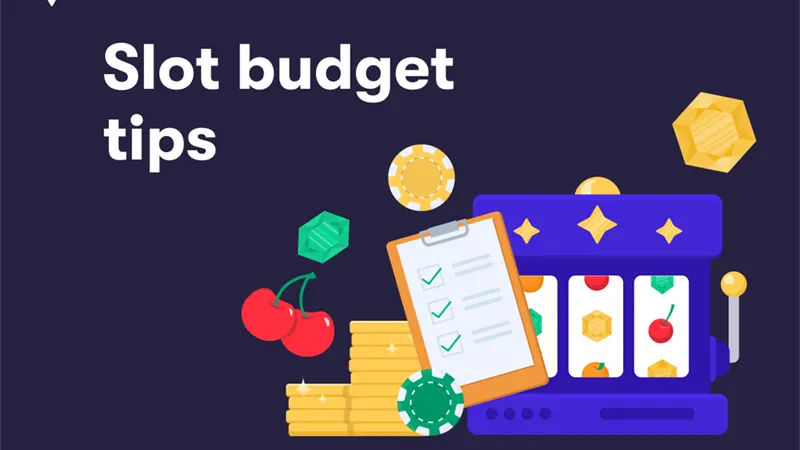
Setting realistic expectations is crucial. Understanding that slot games are designed to favor the house over time helps players maintain perspective and avoid the trap of believing they can consistently beat the odds.
Common Mistakes That Lead to Deeper Problems
Several common errors can transform casual slot play into problematic gambling. Believing that a machine is “due” for a big payout after a losing streak is a fundamental misunderstanding of how random number generators work. Each spin is independent, and previous results have no bearing on future outcomes.
Increasing bet sizes after losses to “win back” money faster is another dangerous trap. This strategy exponentially increases the risk of larger losses and can quickly deplete a player’s entire bankroll.
Failing to set limits or consistently ignoring predetermined limits is perhaps the most common mistake. Without clear boundaries, players rely on willpower alone, which often fails under the influence of the game’s psychological triggers.
Using slot play as a primary method for dealing with stress, anxiety, or boredom creates an unhealthy emotional dependence on gaming. This can lead to playing during vulnerable emotional states when decision-making is impaired.
Expert Advice for Healthy Gaming
Remember that slot games are specifically designed to be engaging and difficult to stop playing. This isn’t a personal failing – it’s the intended result of sophisticated psychological engineering. Understanding this can help remove shame and self-blame that often accompany gambling problems.
Discipline is more important than any gaming strategy or system. No amount of knowledge about slot mechanics can substitute for the ability to stick to predetermined limits and make rational decisions under pressure.
When players recognize that they’re losing control, the most important step is to stop playing immediately. Seeking advice from friends, family, or professional counselors can provide the external support needed to regain control.
Many online casinos offer self-exclusion tools and deposit limits that can help players maintain control. These tools should be viewed as helpful aids rather than admissions of weakness.
Building Long-Term Healthy Habits
Developing sustainable gaming habits requires ongoing attention and adjustment. Regular self-assessment helps identify when gaming patterns are becoming problematic before they reach crisis levels.
Building a support network of friends and family who understand your gaming limits can provide accountability and encouragement. Sharing your goals and limits with trusted individuals creates external motivation to maintain healthy boundaries.
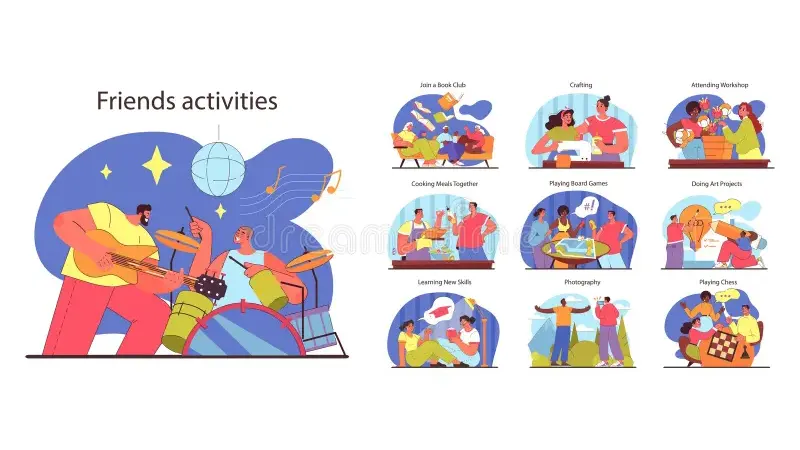
Finding alternative activities for entertainment and stress relief reduces dependence on gaming for emotional needs. Exercise, social activities, hobbies, and other interests provide healthier outlets for managing life’s pressures.
The Path Forward: Maintaining Control and Enjoyment
The goal isn’t necessarily to eliminate slot play entirely, but rather to maintain it as a controlled, enjoyable activity that doesn’t interfere with other aspects of life. This requires ongoing vigilance and honest self-assessment.
Successful long-term management involves regularly reviewing and adjusting gaming habits based on life circumstances. What works during one period might need modification as responsibilities, income, or stress levels change.
The most important factor in maintaining healthy gaming habits is maintaining perspective. Slots should remain a minor part of a well-rounded life, not the central focus or primary source of excitement and stimulation.
Taking Control of Your Gaming Experience
Slot games are designed to be compelling and difficult to resist, utilizing sophisticated psychological principles to keep players engaged. The combination of near-miss effects, audio-visual stimulation, rapid-fire results, and intermittent rewards creates a powerful formula for sustained play.
Understanding these mechanisms and recognizing the psychological factors that make stopping difficult is the first step toward maintaining control. By implementing clear limits, structuring gaming sessions, keeping detailed records, and maintaining perspective, players can enjoy slots as entertainment while avoiding the pitfalls that lead to problematic gambling.
At 82 Lottery, we recognize that responsible gaming education is crucial for our players’ well-being. Our platform emphasizes the importance of setting personal limits and provides tools to help players monitor their gaming habits. We believe that informed players make better decisions, which is why we encourage understanding the psychological aspects of slot gaming rather than simply relying on luck or superstition.
The key to success lies in preparation, discipline, and honest self-assessment. When players approach slot games with realistic expectations, clear boundaries, and a commitment to responsible play, they can enjoy the entertainment value while minimizing the risks. Remember, the goal is to have fun while staying in control – when the fun stops, it’s time to stop playing.


